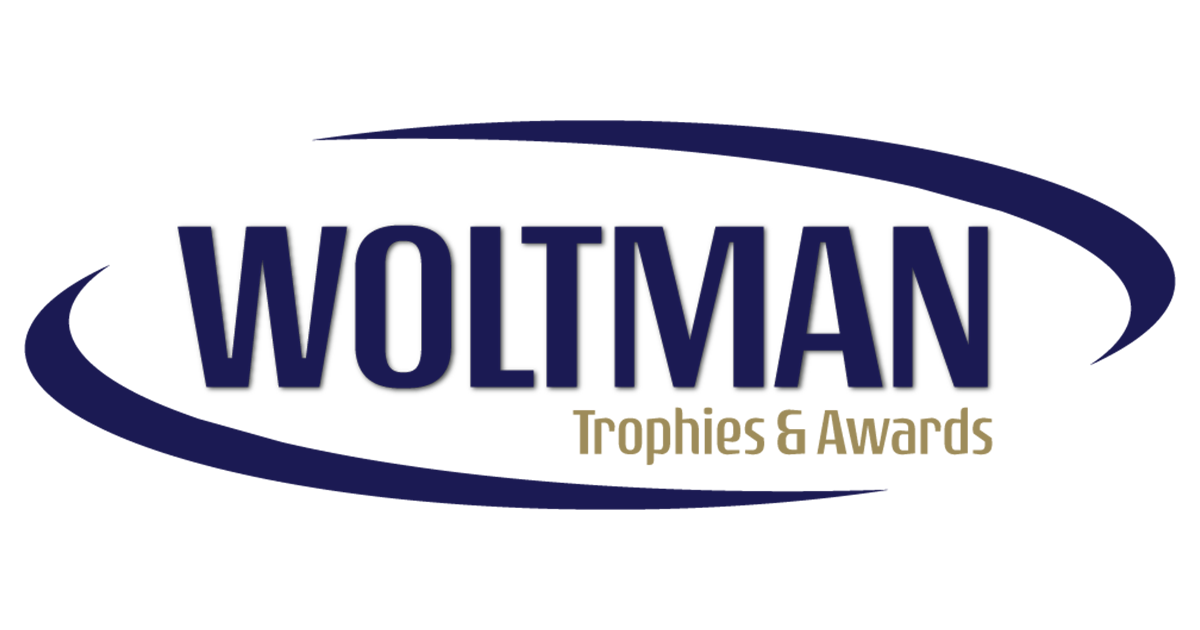What is Employee Retention REALLY Worth?
The team at Woltman Trophies believes in recognizing the worth of individual employees. One good reason for this is that appreciated employees tend to stick around, and employee turnover can have a negative impact on your company. Let’s take a look at why employees may leave, what it costs you, and how you can keep employees around for longer.
Why Employees Leave
Overworked
An employee who feels overworked and underappreciated is likely to leave. In some offices, people are putting in ten hour days and not feeling as if their work really means anything. Why stay if you feel like the company you’re working for doesn’t even appreciate how much work you’re putting in?
Lack of Opportunities
On that same note, a company that doesn’t seem to offer many opportunities to its hard-working employees can also experience high employee turnover. Most of your employees want to advance to higher levels of your company. If you’re not giving them the chance to show what they can do in a more important role, no matter how hard they work, they may not see the point of sticking around.
Micromanagement
An employee who feels like they’re being micromanaged also may not want to stay with your company. They were hired for their skills, so let them use them. Having a manager or managers hovering over them makes them feel as if their contributions are not as valued.
What Employee Turnover Costs Your Company
Hiring Costs
Unfortunately, bringing on new hires can cost quite a bit of money. If you have to do this too often, your bottom line is going to take a hit. Training programs and paying a new employee during said training costs money. Drug testing and processing paperwork costs money. Keeping a seasoned employee around is always preferable.
Reduced Productivity
Once that new hire is brought onboard, they may take a little while to get acclimated to things around the office. That means lost productivity. If you’re losing experienced employees often, this problem will get worse and worse.
Drop in Engagement
A high turnover rate can also affect the morale of the employees that stick around. You want a team that gels, which is hard to get if people keep leaving. Workers may start to think that this just isn’t a company they should stay with in the long term.
How to Keep Employees Around
Properly Use Your HR Department
Some companies don’t realize what a valuable resource the human resources department can be when it comes to employee retention. You can use your HR department to learn more about why employees are leaving and try to rectify these problems. You can also make sure that human resources are taking complaints and issues seriously. If an employee sees that you’re actively addressing problems that they have, they’re more likely to feel valued and stick around.
Recognition and Awards
Of course, corporate awards are another way that you can ensure that your employees feel recognized. Your employees are working for you day after day, so a little bit of recognition will go a long way. Recognizing the top seller, the person who just completed a project, or the person with the best team spirit will make your company even better! Ask Woltman Trophies to help you create the perfect custom award for your deserving employees.
The post What is Employee Retention REALLY Worth? appeared first on Woltman Trophies & Awards.
Don't see exactly what you are looking for?
To explore our Master Catalog with thousands of options


Have a Question?
Its Simple; Just Click or Call.
NAVIGATION
WOLTMAN TROPHIES
Woltman Trophies & Awards

